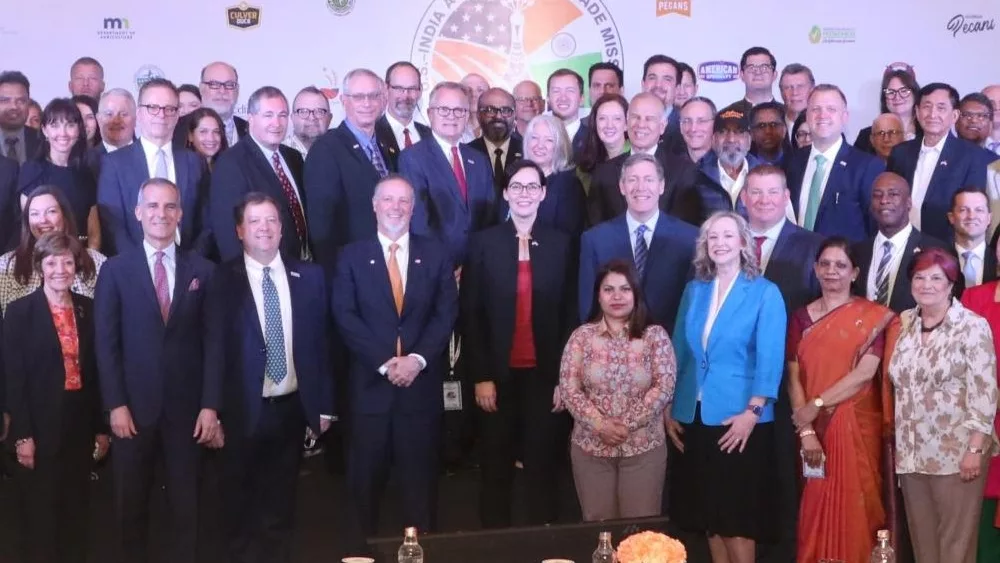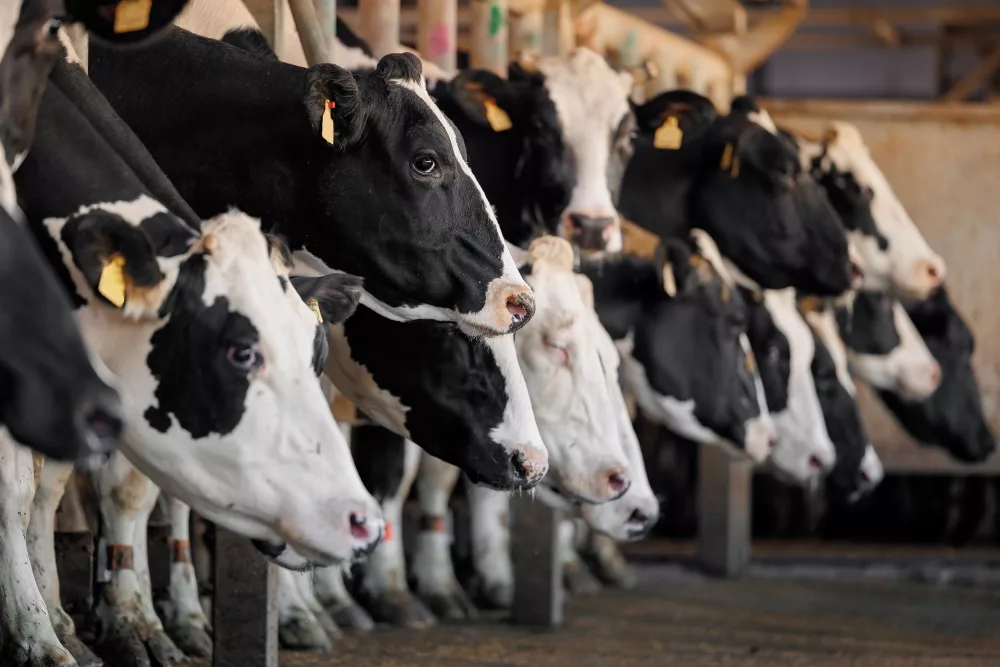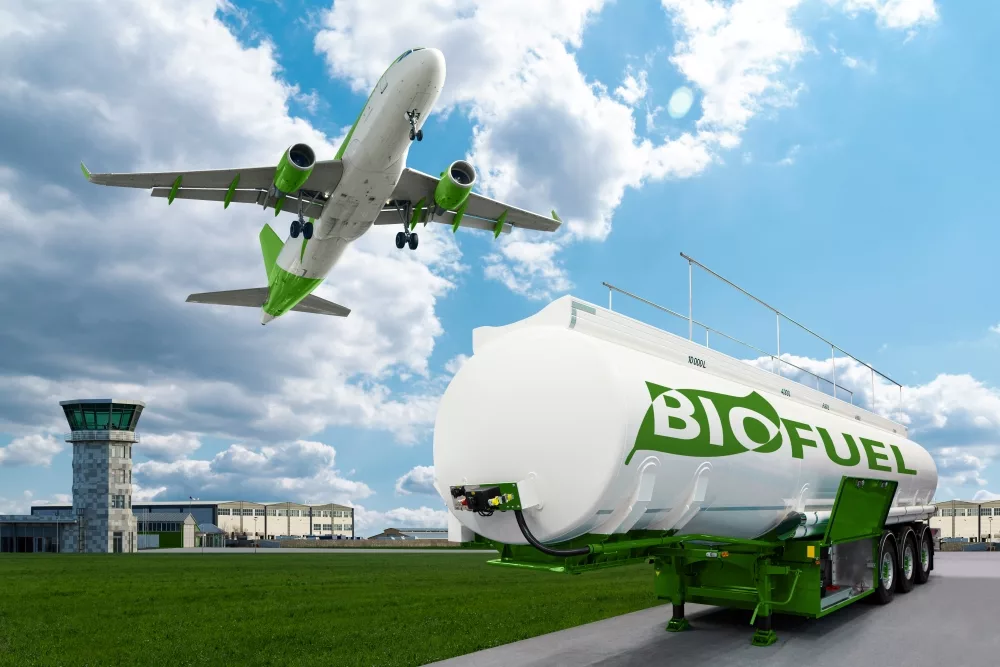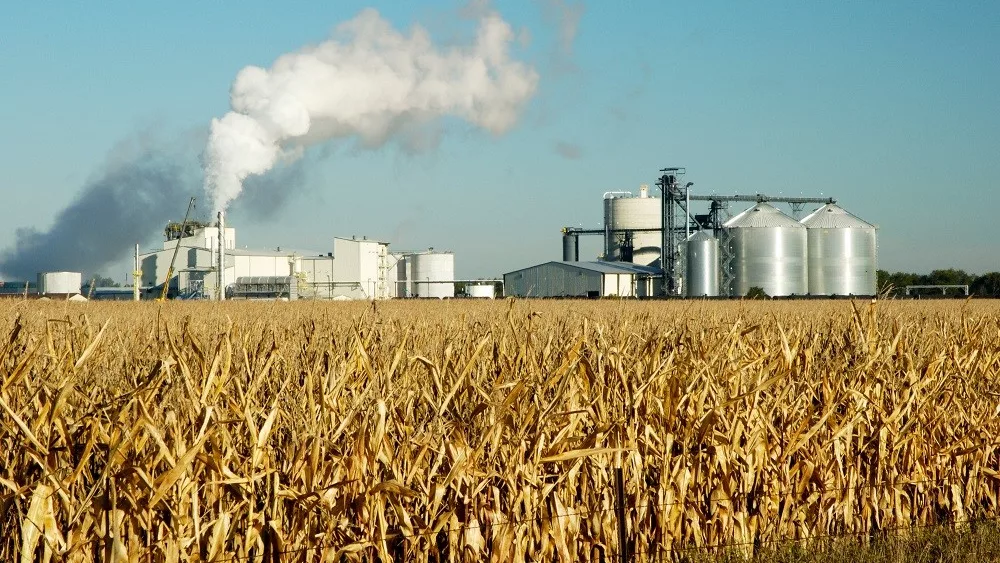
Weather for maple syrup making has been just about ideal—above freezing during the day, and dipping below freezing at night to get the sap flowing.
Jesse Randall is the director of Michigan State University’s Forestry Innovation Center (FIC) in Escanaba. They have been hard at work turning sap into golden, tasty syrup. He sees Michigan at the forefront of an expanding industry.
“Michigan has more untapped trees, about 2.5 times more untapped maple trees, than Vermont, Maine, and New Hampshire, so we’re trying to grow a maple industry here in Michigan,” says Randall.
Big things are happening at the FIC. Randall says they’re in the process of adding a new sugarhouse and confections kitchen.
“We can have the lab, and then the educational space to teach new producers—and to help current producers—expand production,” says Randall.
Sap is running at the @MSUAgBio forestry innovation center. Tank is full by 3:20 pm. Perfect weather for maple syrup production in the UP pic.twitter.com/2pbSssmIfG
— MSU FIC (@yooperforestry) March 13, 2021
This year, they tapped 300 trees. In 2022, they plan on increasing that number tenfold.
“By next year, our goal is to be tapping about 3,000 trees and making about 1,000 to maybe 1,500 gallons of high-valued syrup,” he says.
That syrup will then get used by the program.
“We’re going to use it to make new maple confections or teach producers how to make the standard maple cream, maple candy, and granulated sugar,” says Randall. “From the income off of that, we’ll put it back into the educational side of how we grow our producers.”
If you’re deciding to tap your trees next year, Randall says to contact the FIC for tips and pointers.
“We can help you walk through the steps of doing the right forest management before you go in and start tapping,” he says. “If you do the right forest management, the trees are going to be healthier, they’re going to give you more sap, they’re going to give you sweeter sap.”
After you boil maple sap into maple syrup the minerals that precipitate out are commonly called “sugar sand”. @MSUAgBio runs the hot maple syrup thru a filter press and what you get is a “crystal clean” product that can be stored in drums or bottled for use. pic.twitter.com/eRhXWDIIoh
— MSU FIC (@yooperforestry) March 16, 2021
And if you do decide to start tapping, Randall says to prepare for a quick expansion.
“As you start to make syrup, it’s very natural and very easy for you to begin to grow, add more taps, find trees, and add your neighbor’s trees,” he says. “We help you build in for that future growth, at least for the first or second steps. It starts of as a hobby, then people start buying your sap or your syrup, then you can start to sell it and begin to grow.”
The syrup isn’t up for sale right now, but Randall says plans are in the works to sell it next year. With warmer temperatures in the forecast, maple syrup season will soon be coming to an end.





